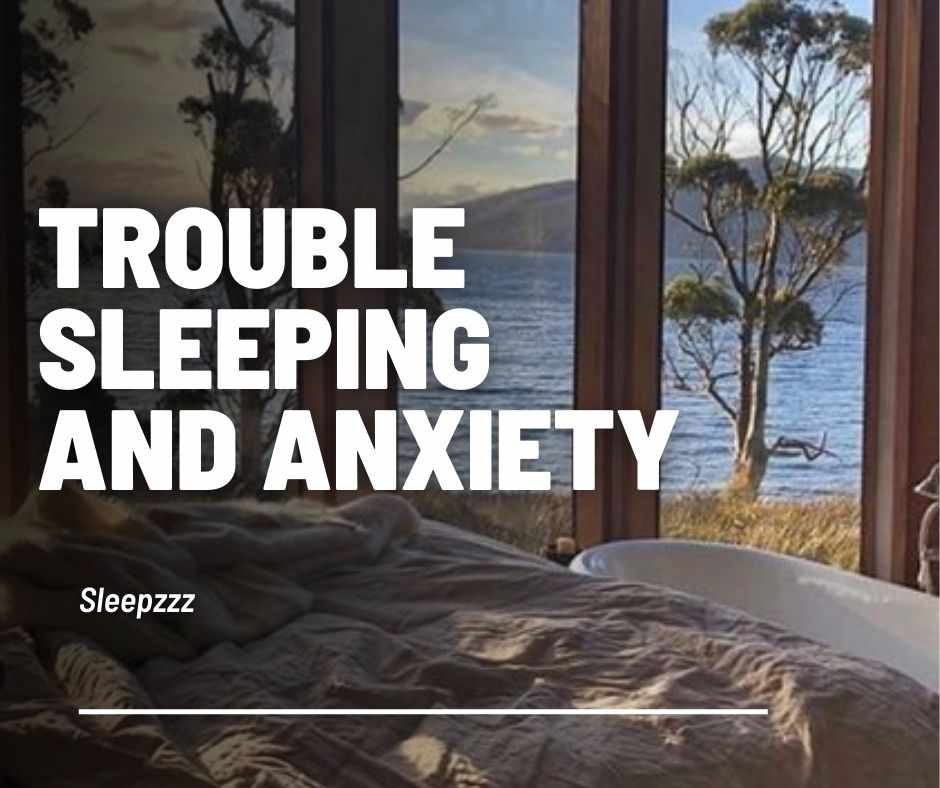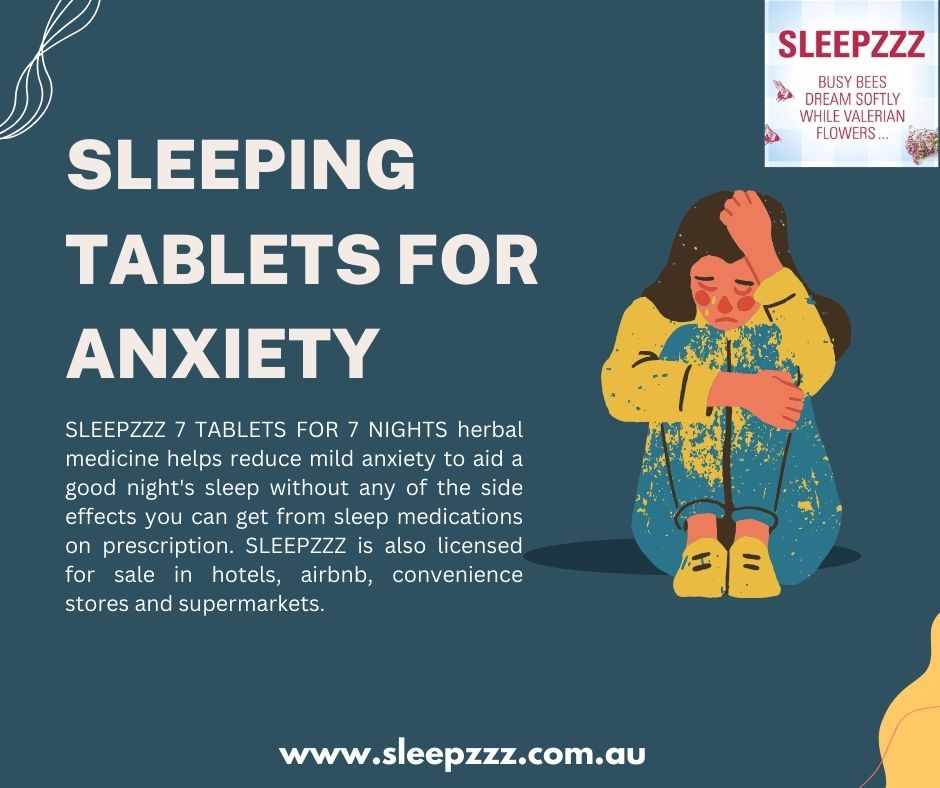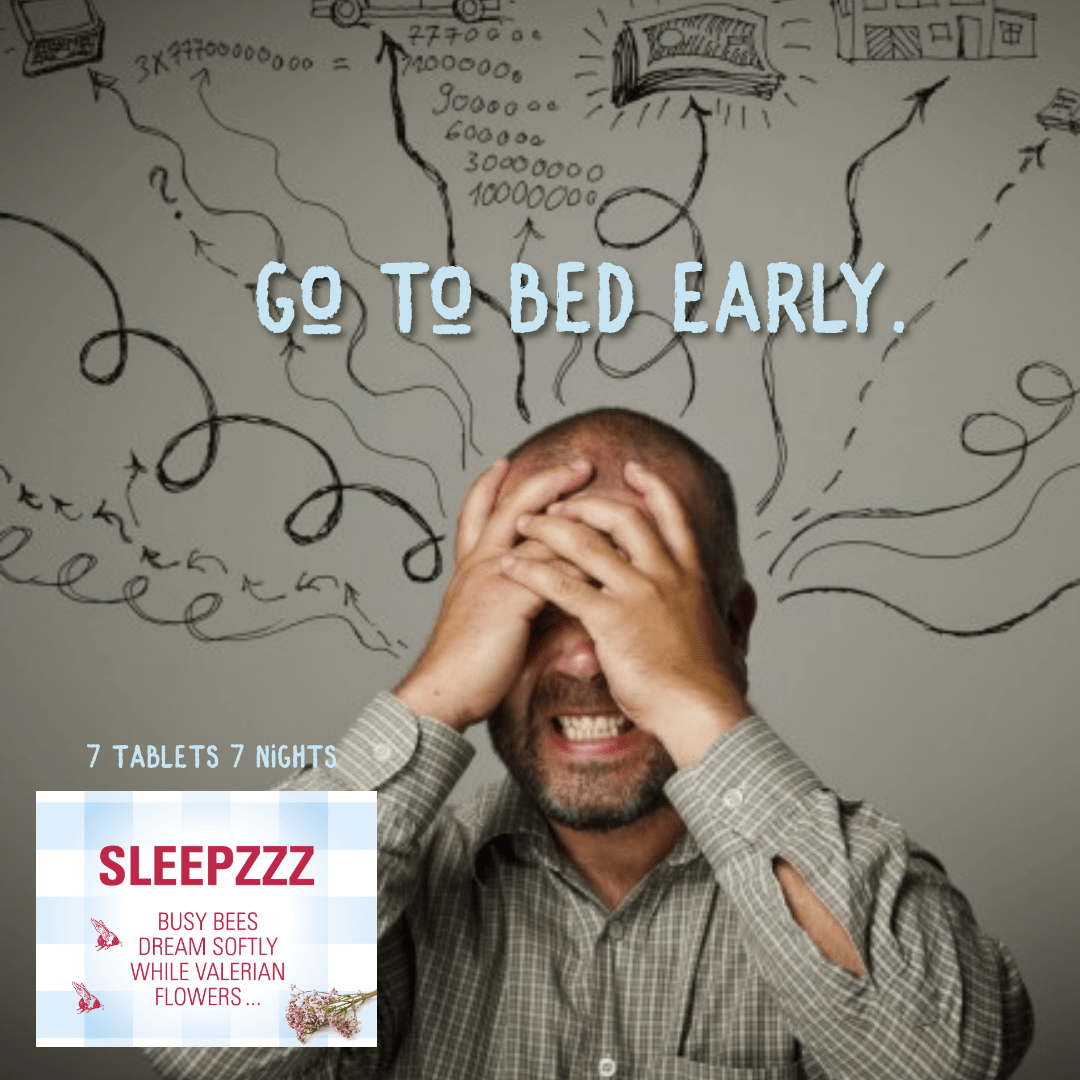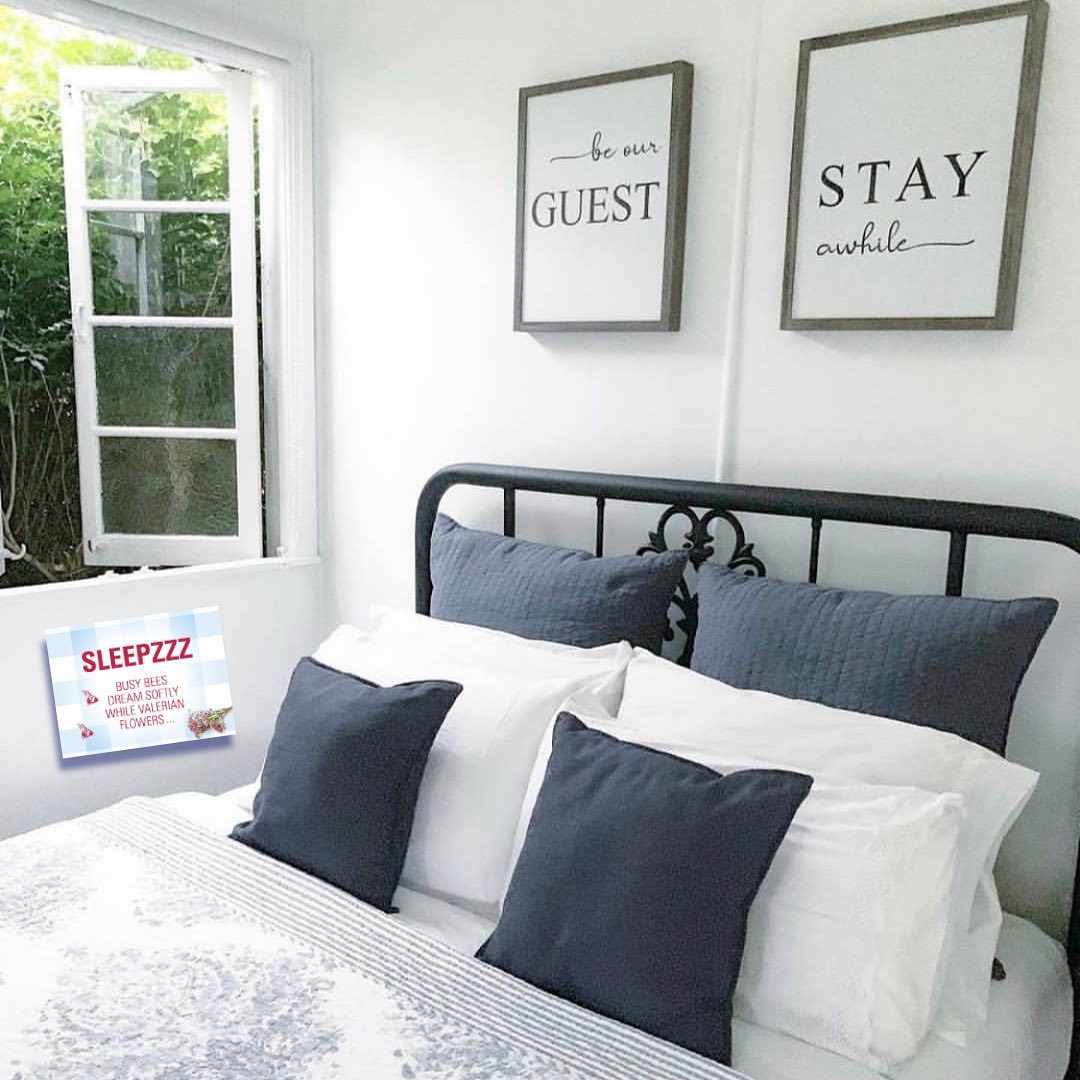Anxiety is a common mental health condition that affects millions of people worldwide. One of the significant challenges faced by individuals with anxiety is trouble sleeping. Sleep disturbances and anxiety often go hand in hand, creating a vicious cycle that can significantly impact overall well-being. In this blog post, we will delve into the intricate relationship between trouble sleeping anxiety, exploring the underlying causes, the impact on mental health, and effective strategies to promote restful sleep.
Understanding the Connection:
Trouble sleeping and anxiety are closely intertwined. When anxiety levels are high, falling asleep can become a daunting task. Racing thoughts, worries, and physical sensations of anxiety make it challenging to relax and let go. On the other hand, sleep deprivation or poor sleep quality can exacerbate anxiety symptoms, leading to a continuous cycle of anxiety and sleep problems.

Causes and Effects:
Hyperarousal: Anxiety triggers a state of hyperarousal, where the mind and body remain on high alert. This hyperarousal makes it difficult to wind down and enter a state of relaxation necessary for sleep.
Racing Thoughts: Anxiety often brings a barrage of racing thoughts that can be overwhelming, making it hard to quiet the mind and transition into sleep.
Nightmares and Nighttime Awakenings: Anxiety can contribute to vivid dreams, nightmares, and frequent awakenings during the night, disrupting the sleep cycle.
Physical Symptoms: Anxiety can manifest in physical symptoms such as muscle tension, increased heart rate, and rapid breathing, further interfering with sleep.
The Impact on Mental Health:
The relationship between anxiety and sleep is bidirectional. On the one hand, anxiety can be a cause of trouble sleeping, and on the other hand, poor sleep can exacerbate anxiety symptoms. Sleep deprivation can impair cognitive function, increase irritability, and decrease the ability to cope with stress. It can also intensify feelings of anxiety, leading to a heightened state of anxiety during waking hours.
Strategies for Restful Sleep:
Establish a Bedtime Routine: Create a relaxing routine before bed to signal to your body that it's time to unwind. This may include activities such as reading, taking a warm bath, or practicing relaxation techniques.
Practice Relaxation Techniques: Deep breathing exercises, progressive muscle relaxation, and mindfulness meditation can help calm an anxious mind and promote relaxation before sleep.
Create a Sleep-Friendly Environment: Make your bedroom a sanctuary for sleep by ensuring it is dark, quiet, and at a comfortable temperature. Consider using white noise machines or earplugs to block out disturbances.
Limit Stimulants and Electronic Devices: Avoid consuming caffeine or engaging in stimulating activities close to bedtime. The blue light emitted by electronic devices can disrupt sleep, so it's best to create a technology-free zone before bed.
Develop Healthy Sleep Habits: Stick to a consistent sleep schedule, even on weekends, and ensure you're getting the recommended amount of sleep for your age group. Avoid napping too close to bedtime to maintain a regular sleep-wake cycle.
Seek Professional Help: If anxiety and trouble sleeping persist and significantly impact your daily life, consider seeking help from a mental health professional. They can provide guidance, and therapy, or suggest appropriate interventions.
Trouble sleeping anxiety often go hand in hand, creating a challenging cycle that affects mental health and overall well-being. Recognizing the connection between anxiety and sleep disturbances is the first step toward breaking this cycle. By implementing effective strategies, seeking support, and prioritizing self-care, individuals can regain control over their sleep and manage anxiety more effectively. An herbal sleep solution by Sleepzzz help reduces mild anxiety to aid a good night's sleep without any of the side effects you can get from sleep medications on prescription. Remember, everyone's journey is unique, so it's important to find what works best for you in achieving restful sleep and nurturing a peaceful mind.





.jpg)



Write a comment ...